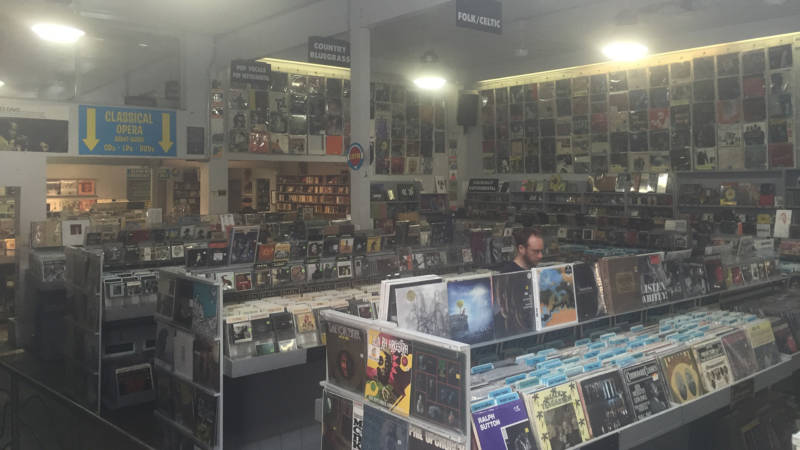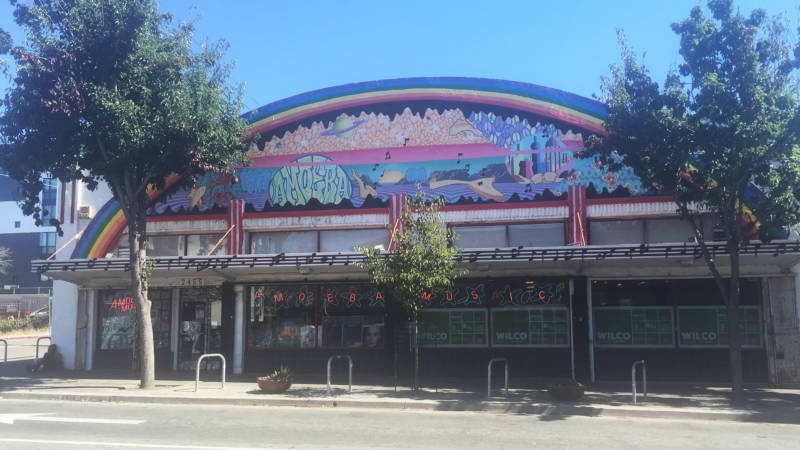By the beginning of next year, the back section of Berkeley’s Amoeba Music won’t be where you buy jazz records; it will be where you buy “jazz cigarettes.”
Joking aside, the decision by the Berkeley City Council last week to award the owners of the Amoeba Music one of the city’s six marijuana dispensary licenses means their flagship store on Telegraph Avenue has a shot at sticking around, says co-owner Marc Weinstein.
“This is absolutely going to help save the Berkeley store,” Weinstein says.
The Berkeley location will be the first record store in California to house a marijuana dispensary, but Amoeba Music isn’t doing it just to be pioneers in the field. Opened by Weinstein and co-owner David Prinz in 1990, the store, just blocks away from UC Berkeley campus, has been continually losing money for the past eight years; Weinstein says that this year’s sales at that location are less than half what they were in 2008. In the past, this wasn’t dire, as sales at the L.A. and San Francisco stores made up for the Berkeley store’s troubles, but in recent years sales at all three locations have decreased “because the market is shrinking all the time.”
“The Berkeley store got a lot slower than the other stores a lot sooner, partially because of the culture that surrounds Telegraph,” Weinstein says. “But also the students in general, especially five to ten years ago, came in, and the new wave was downloading and streaming music. Really, a lot of students don’t understand why anyone would buy a hard copy.”

Seeing the rising profitability of medical marijuana in California, Amoeba Music has worked with Berkeley city officials and advisers in the pot industry for almost five years to secure a license. Now that they’ve been approved, Amoeba’s owners are working with Debby Goldsberry, executive director at Magnolia Wellness Collective dispensary in Oakland, to create the Berkeley Compassionate Care Collective in the section of the store that currently hosts its jazz, classical and world music sections. The 3,000-square-foot dispensary will sell a wide variety of products, and Weinstein says it will also serve to educate the public about uses and benefits of medical marijuana.



